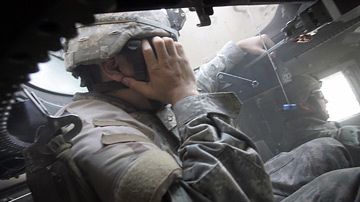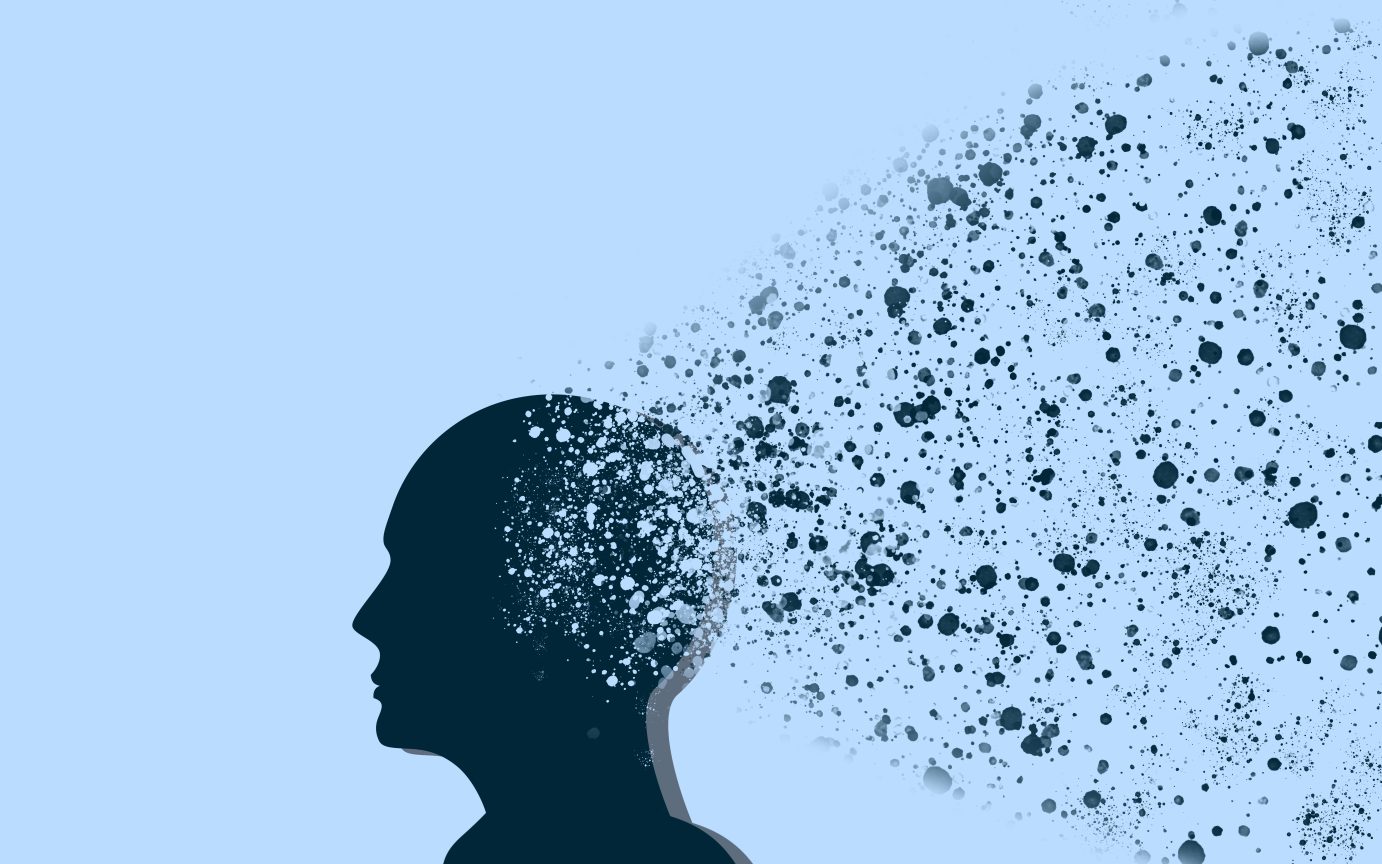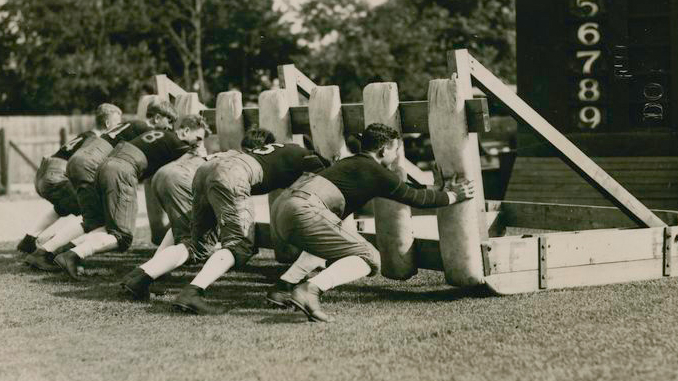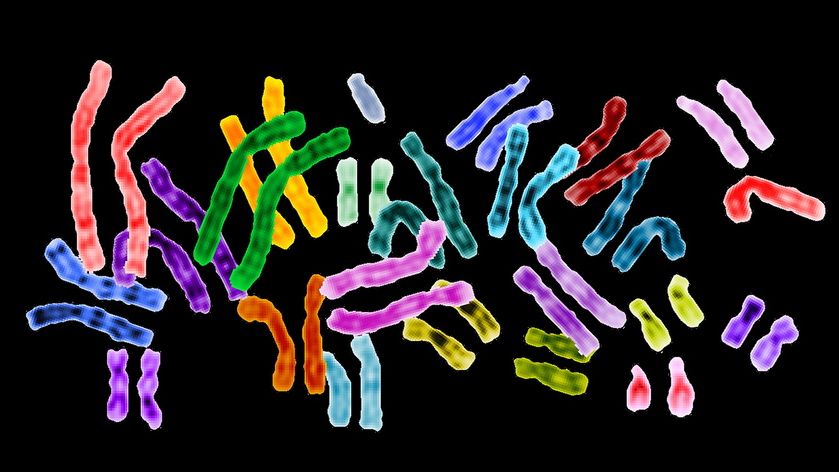Can Head Trauma Cause Alzheimer’s?

“One of the most robust environmental risk factors ever identified—and most consistently identified—for Alzheimer’s disease is head injury,” says Dr. Samuel Gandy, Associate Director of the Mount Sinai Alzheimer’s Disease Research Center, in Big Think’s recent expert panel about the disease. This finding has grave implications for those who have suffered brain injuries, and, in particular, military veterans returning from Iraq and Afghanistan.
”Traumatic brain injury is considered the signature injury of these wars,” says Dr. Gandy. A 2008 report by the Army echoes this, estimating that 10 to 20 percent of soldiers and Marines leaving Iraq and Afghanistan have traumatic brain injury (TBI). And these numbers may be low—according to an ongoing series by ProPublica, many brain injuries sustained on the battlefield go undiagnosed.
A single severe incident of head trauma—as could result from a concussive explosion—can increase the risk for Alzheimer’s disease, says Dr. Gandy. As well, repetitive head injuries can lead to similar degenerative brain diseases such as chronic traumatic encephalopathy.
While the mechanisms are not precisely known, head trauma leading to dementia appears to create havoc in the brain that tears synapses, says Dr. Ottavio Arancio of the Taub Institute for Research in Alzheimer’s disease at Columbia University. Within hours or a head trauma, the plaque beta amyloid—one of the well-studied hallmarks of Alzheimer’s disease—can be found in patients. This material, the beta amyloid, is in the brain since birth in small amounts, and largely without effect. “However,” says Dr. Arancio, “something happens in the disease and this balance, the communication within cells, is broken and there is an accumulation of this material.”
Some research points to a genetic component to Alzheimer’s disease making one more susceptible to the consequences of trauma. Although researchers have not found a single gene that causes Alzheimer’s disease, the allele ApoE 4 on chromosome 19 is linked to an increased risk for the disease. A study of boxers who possess ApoE 4, rather than another allele in the ApoE genotype (1, 2, 3), were found to have an increased severity of neurological defects after their time in the ring.
More Resources
— “Mild Traumatic Brain Injury in U.S. Soldiers Returning from Iraq.” New England Journal of Medicine.
— “Repetitive Mild Brain Trauma Accelerates A Deposition, Lipid Peroxidation, and Cognitive Impairment in a Transgenic Mouse Model of Alzheimer Amyloidosis.” Journal of Neuroscience.
— “Brain Wars: How the Military is Failing its Wounded.” ProPublica
— “TBI Could Be the Next Agent Orange,” Big Think interview with Paul Reickhoff, founder of Iraq and Afghanistan Veteran of America.
The views expressed here are solely those of the participants, and do not represent the views of Big Think or its sponsors.





